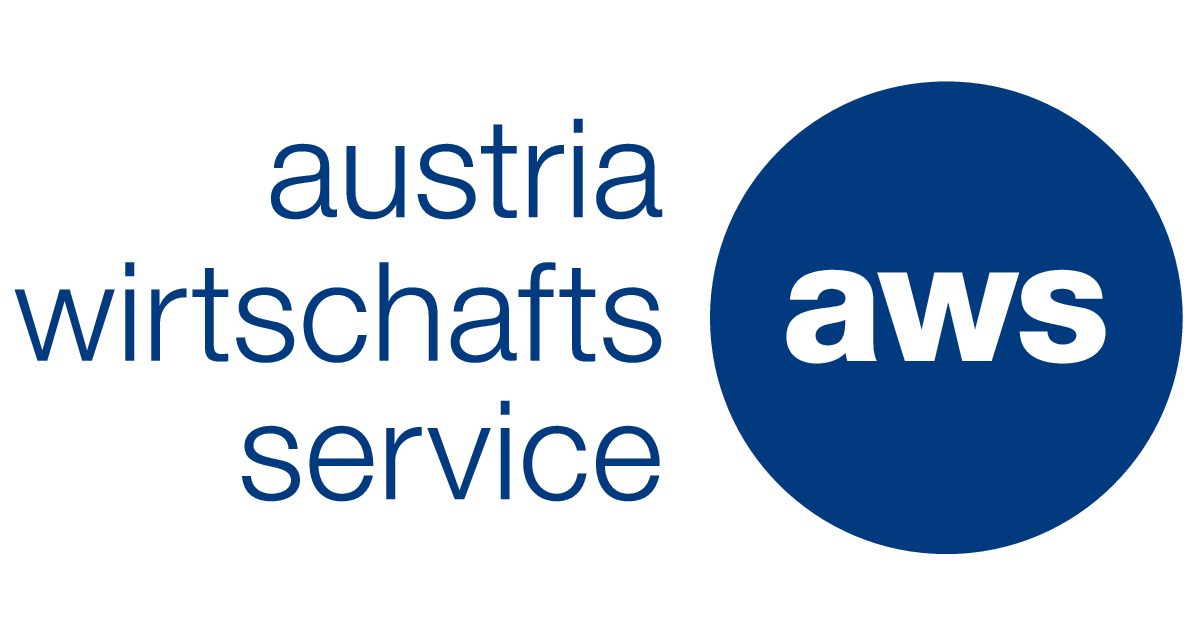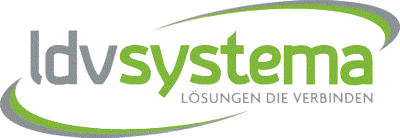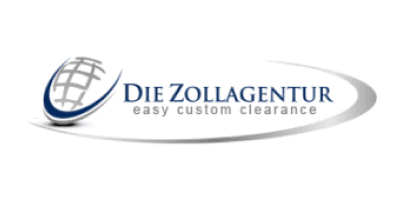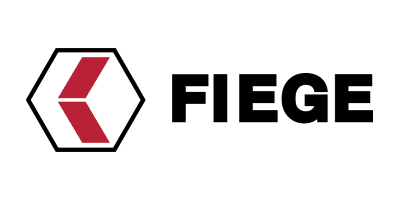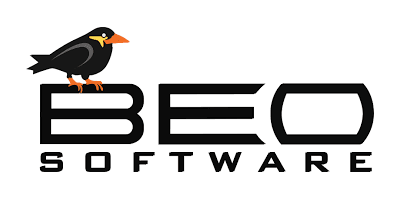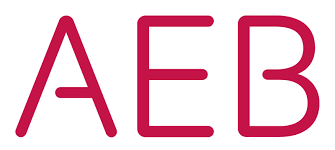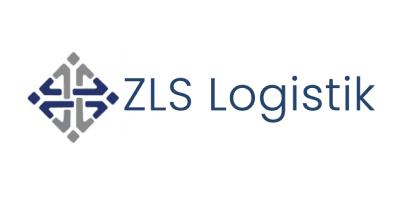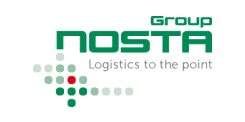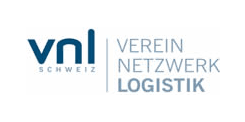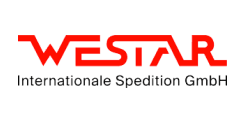EU AI Act: What Challenges Do We Face? Part 1
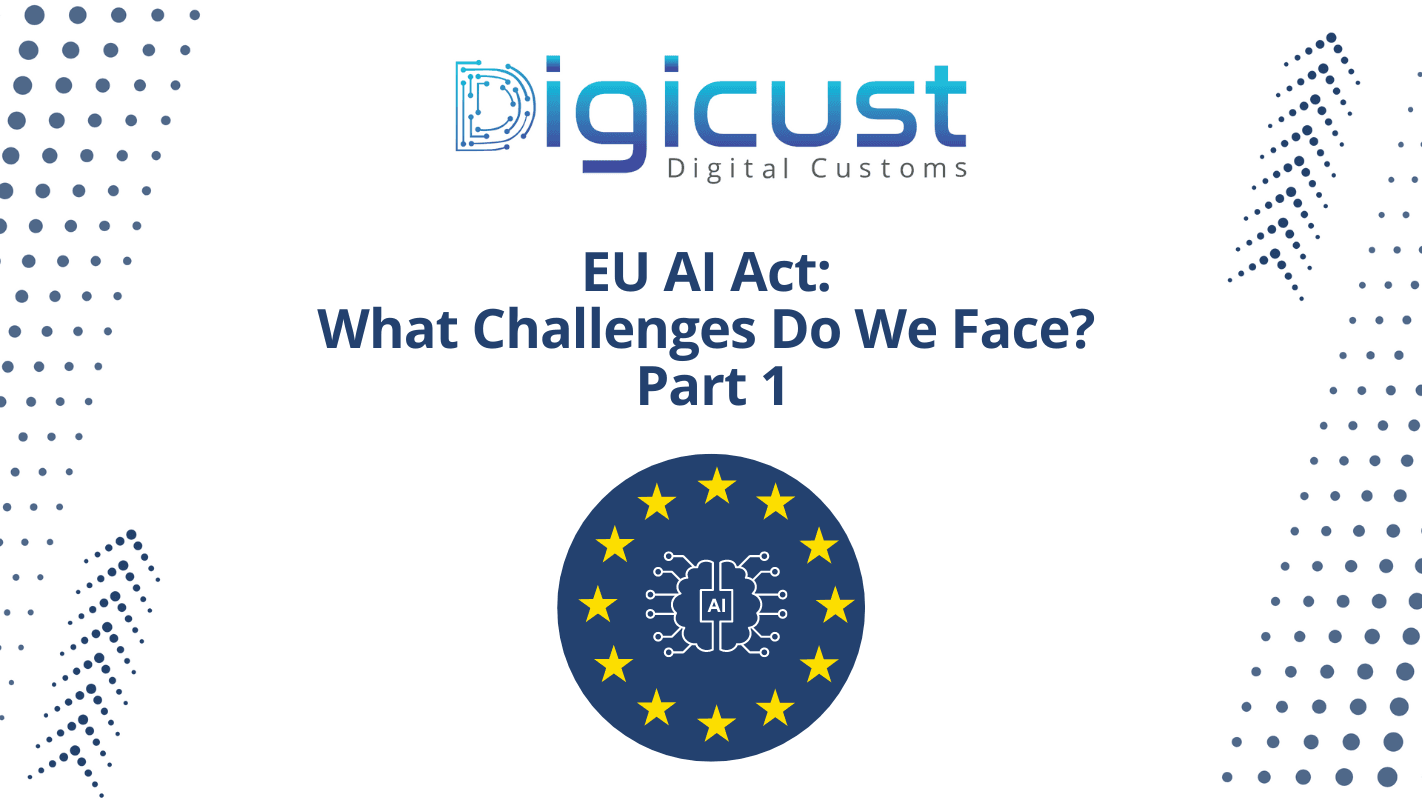
In this series, we explore what legal implications the EU's AI Act might have for startups. In the first part of the series, we discuss which legal aspects should already be considered when using AI systems, especially to avoid "red flags" with investors and due diligence. The second and third part looks into the future and discusses possible legal requirements due to the AI Act and the AI Liability Directive.
AI Act - Back on track? In April 2021, the European Commission presented a draft AI regulation, the "AI Act", which aims to create a unified framework for the development, deployment and use of AI in the EU. This draft is still in the editing stage and has not yet reached the final stage. By presenting this draft, the Commission signalled that it wants to be a leader in AI development. However, after much initial discussion about the bill, it quickly went quiet again. Now, timed with the hype around ChatGPT, the Council came forward with a common position on the Commission's proposal.
The Council praised the general approach of the draft regulation, but criticised the broad definition of an AI system. They now plan to clarify this term to include only systems based on machine learning concepts and logic and knowledge-based concepts to avoid over-regulation of traditional software systems.
AI Act - An overview of the "risk-based approach" Both the European Commission's proposal and the Council's opinion follow a "risk-based approach". The AI Act divides AI systems into different risk categories and imposes different obligations on those responsible depending on the risk category.
AI systems that pose a risk to people, security and fundamental rights are at the top of the risk pyramid. Their use is generally prohibited in most cases. High-risk systems such as AI technologies in medicine are subject to strict requirements and must withstand an official conformity assessment procedure. AI systems in chatbots and deepfakes are considered low-risk by the AI Act and only a labeling of the system is required. The use of minimal risk AI technology applications is not affected by the AI Act.
Next week, we'll talk about the impact of the AI Act on startups in part two. Stay tuned and subscribe to our newsletter and LinkedIn page for more exciting information around AI and Digital Customs.
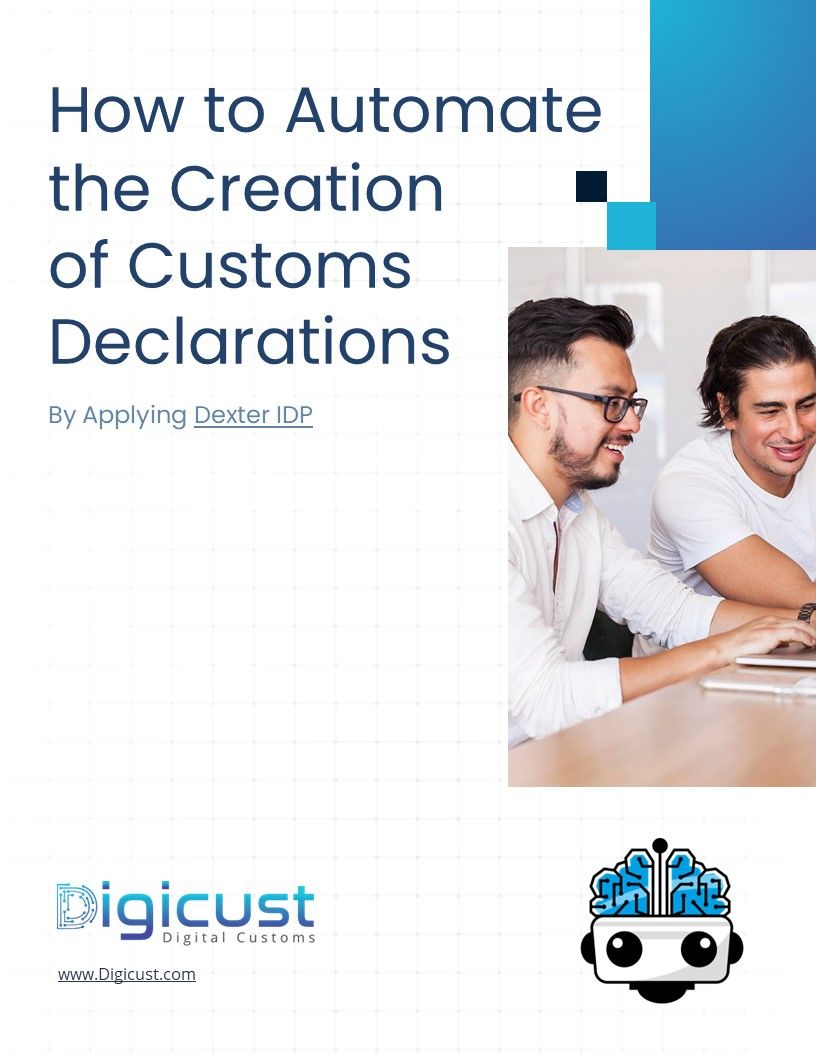
How To Automate The Creation of Customs Declarations - By Applying Dexter IDP
Learn about requirements engineering, benchmarking IDP providers, and automating customs declarations with Dexter IDP.
News from our Blog
Learn about customs clearance, foreign trade, our product updates and our latest achievements.

